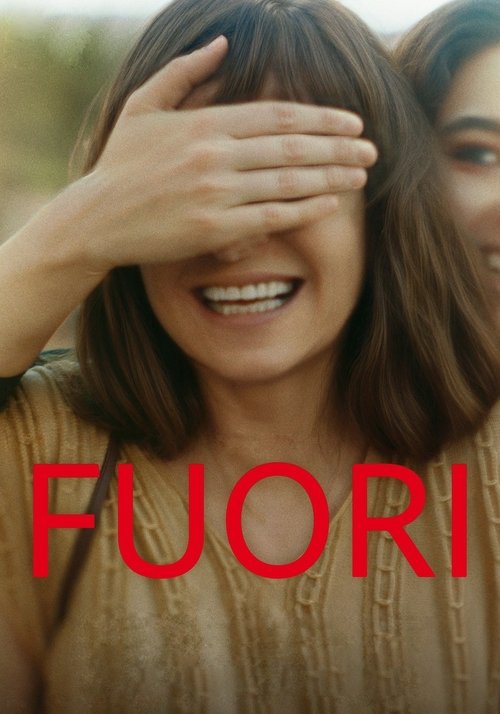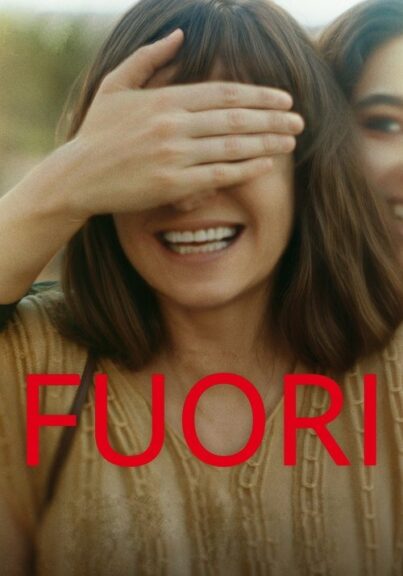
A film by Mario Martone
With: Valeria Golino, Matilda De Angelis, Elodie, Sylvia De Fanti, Stefano Dionisi, Francesco Gheghi, Antonio Gerardi, Corrado Fortuna
Rome. The 1980s. After the magnum opus The Art of Joy she has been working on for a decade is rejected by the Italian publishing world, writer Goliarda Sapienza commits a desperate theft that costs her her reputation and social position. Incarcerated in Italy’s largest female prison, she finds herself living alongside thieves, junkies, sex workers and revolutionaries. After her release, she continues to meet with these women and over the course of a sweltering summer, a life-changing relationship flowers – a relationship that will reawaken her the desire to live and to write.
Our rate 1: *
Fuori by Mario Martone probably doesn’t deserve its place in the official selection at Cannes. It may even be the weakest film in terms of cinematic quality seen in competition so far. Visually and narratively, it resembles an episode of a mediocre, monotonous, and uninteresting series, particularly boring in its first half, but a little more dynamic in the last half hour, when the friendship between the two main characters evolves into a complex lesbian love affair, when a few motifs recur and a few staging ideas find their way into the frame: the scene where the two women order whiskey in a bar, echoing a similar scene at the beginning of the film, or the one where a former prisoner sings a song in front of the prison windows while the powerful voices of the inmates singing with her can be heard. The final scene is also beautiful, with the prisoners’ letters in a suitcase and the train station in the background (this scene reminded me of Fred Zinemann‘s unforgettable Julia). But from the outset, the filmmaker hesitates between an individual portrait and a collective portrait, wasting a lot of time with a narrative that fails to find its direction, where the temporal back-and-forth (between the period in prison, before and after) seems insignificant. Fuori is an ode to sisterhood and the freedom of women who have been trampled on and locked up by society, in a tense political context. A beautiful subject that is ultimately wasted because there is too little “cinema” in Martone‘s approach.
S.F.
Our rate 2: *(*)
Fuori deals with a literary subject in a strange way. The film certainly manages to convey a reflection on freedom, confinement, conditioning, and above all, the female condition. Admittedly, it manages to surprise and lift our spirits in its finale, explaining what we have just seen, a kind of intellectualized, peaceful, Italianized version of Thelma and Louise, but Martone fails to captivate us any further than that, to draw us in or to amaze us, due to the film’s aesthetic neutrality. The portrait he paints of his heroine, a writer recognized posthumously, whose writings remained confidential for a very long time, allows us to embrace her reflections and attempt to translate them into images, sometimes metaphorically, but the philosophical concept behind this profound, highly symbolic concept that draws a parallel between imprisonment in prison and domestic confinement, which ties in with the life force that freedom can provide, particularly the freedom to break taboos, remained difficult to grasp, and Martone was forced to end his film with archive footage of Goliarda Sapienza explaining it herself.
F.R.

